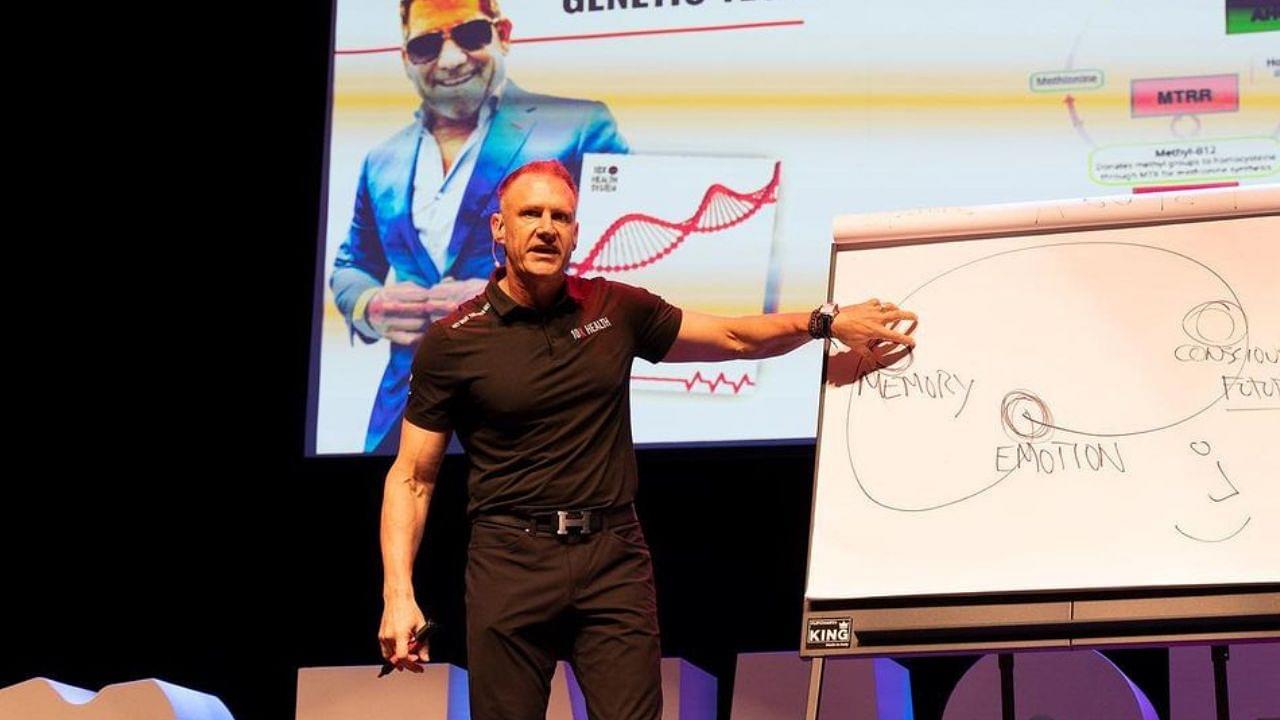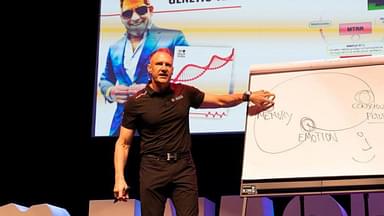The younger generation has always been impressionable. It goes without saying that a lot of habits they cultivate tend to stick along as they grow older. Therefore, it’s crucial to modify their schedules and habits to help their brains develop the right way. Biologist Gary Brecka recently shared some tips on improving cognitive functioning in kids which will help them grow into well-developed adults.
In a YouTube Q&A video, Brecka answered some commonly asked questions surrounding subjects he usually talks about, including dietary practices, supplements, sleep, holistic development, and so on. Cognitive functioning in kids is one of the significant subjects that many parents or guardians would want to know more about.
Brecka provided some tips and tricks to enhance the development of the brain and ensure a better future for the generation. The following is his three-step protocol to improve cognitive functioning in young people:
- Focus on sleep
- Optimizing gadget screens
- Utilizing metabolites
Bonus tip: Eliminating processed foods and embracing nature
Focus on Sleep
One of the most critical aspects of brain development, especially in kids, is the daily quota of sleep. With the onset of various gadgets these days, the circadian rhythm for a huge chunk of the younger generation has gone for a toss. What remains is a bunch of pre-teens and young adults trying to get their energy levels up during the day. Brecka wanted to avoid this and suggested ways adults could look into the matter more clearly.
First, he pointed out how public schools in America needed to switch up their timings for younger children and teens.
“It’s usually the polar opposite. There’s a lot of science that (suggest) pre-pubescent teens, especially growing young teens, 13-17 year olds, need significantly more sleep than younger children.”
Brecka also pointed out how a simple step like supervising sleep-time browsing could help curb ‘doomscrolling’ tendencies and blue light exposure.
Optimizing gadget screens
The second step that Brecka suggests is to tweak some settings on kids’ phones to reduce blue light emissions. This can be done by switching on a timed red light screen at a certain time, ideally at around 6 PM, to stop the brain from going into an awakened state.
Utilizing Metabolites
Unlike certain consumables, the body recognizes metabolites and can break them down into usable forms or discard them easily. Brecka encouraged using these supplements with the assurance that they do not create any dependency.
“Things like magnesium threonate, small amounts of melatonin, magnesium theanine…they don’t create something called tachyphylaxis which is a de-sensitization response and they don’t create long-term reliance.”
Additional tips by Gary Brecka
Providers need to eliminate processed foods as much as possible since that could lead to health issues in the long run. Brecka warned that processed foods often contain questionable ingredients like food dyes, artificial flavors, and a lot of added sugar. Younger people could not only get used to the taste of these consumables but also adapt and enjoy them.
Combining this with plenty of exposure to sunlight could help overcome most of the hurdles. The naturally occurring red light waves trigger several functions in the body, help heal and repair muscles, kick forth cortisol levels during the day, thus providing an energy boost, and much more.
Overall, Brecka feels that small steps taken at the earliest could significantly change the development trajectory of kids’ cognitive functioning.





